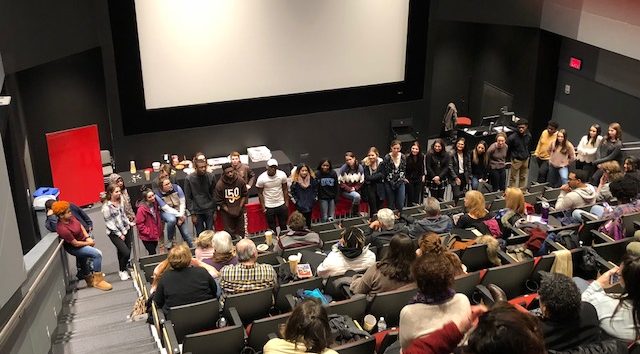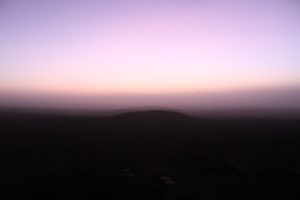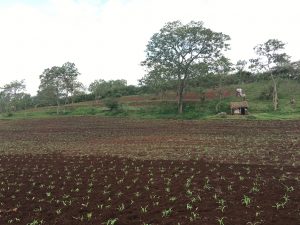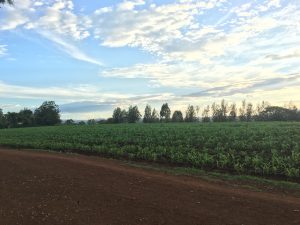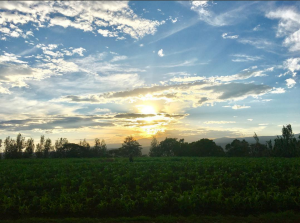One of the challenges that stood out to me in Kirsten Johnsons statement was when she said “I can and will leave a place I film ( a war, a refugee camp, etc.) when the people I film cannot.” This stood out to me because that is such a difficult position to be in and I cant even begin to imagine having to learn about people in these terrible situations and not have the resources to help. Although through documentary making itself, that would be helping the people. If I were in that position, I think the only thing that would get me through the emotional hardship of leaving when others cannot would be the fact that by making that documentary, I would be shedding light on that issue in hopes that whatever difficult situation I was filming could be helped.
Another one of her statements that stood out to me was “I know little about how the images I shoot will be used in the future and cannot control their distribution or use.” This is another one I worry with and resonate with. I think this is because whenever I imagine a documentary I would make, most revolve around issues that are near and dear to me. To think that what I shoot could be misconstrued or potentially used against my cause is incredibly worrisome and concerning.
While there is nothing that can truly be done to rectify these concerns with documentary making, it is still something that weighs on documentarians lives and is something to take into account when creating a documentary.
